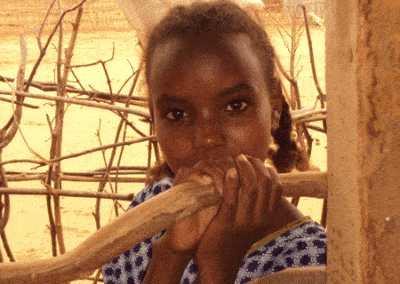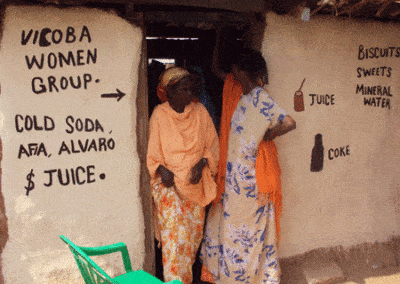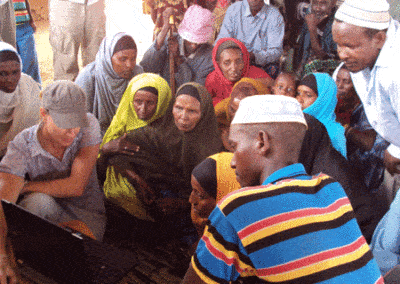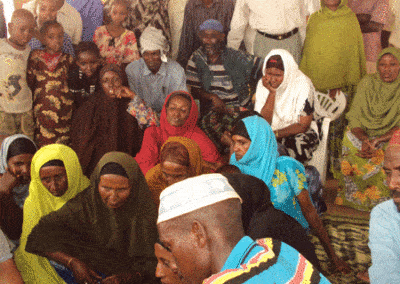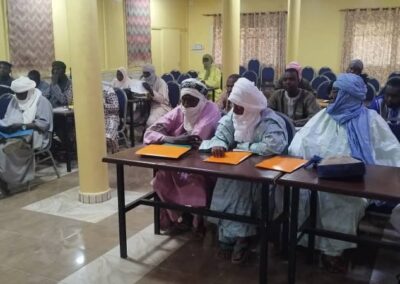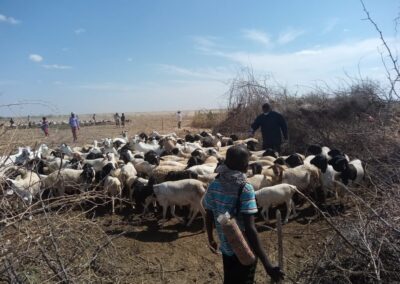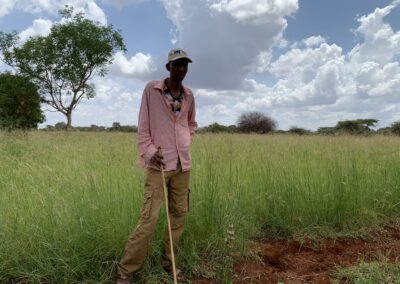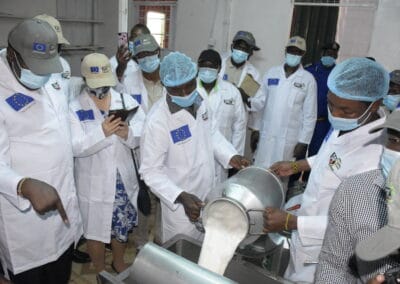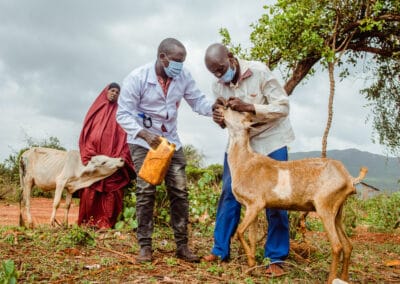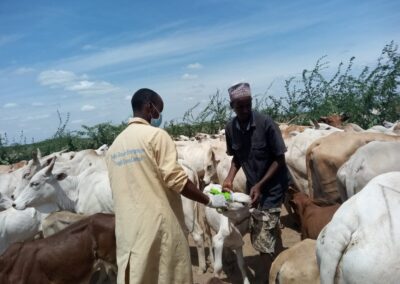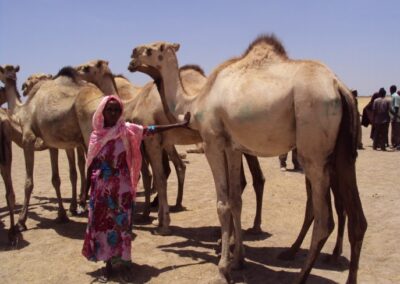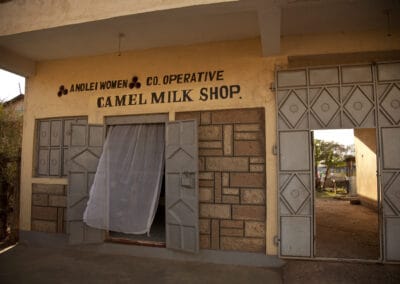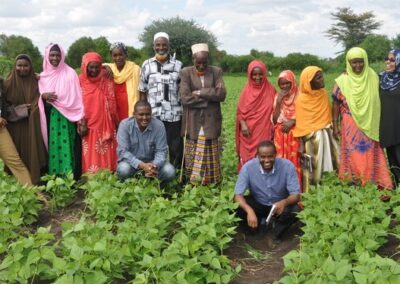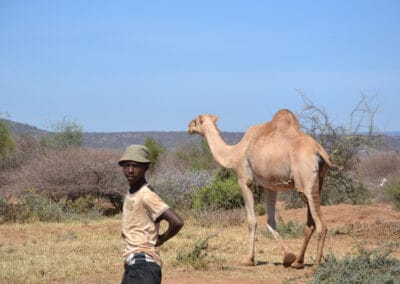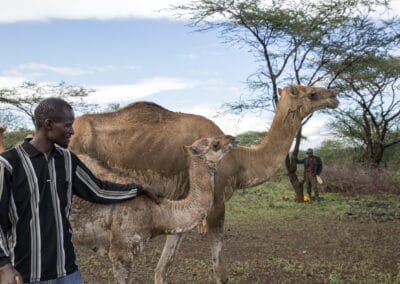Improved Community Response to Drought (Project ICRD Phase III)
Project Overview
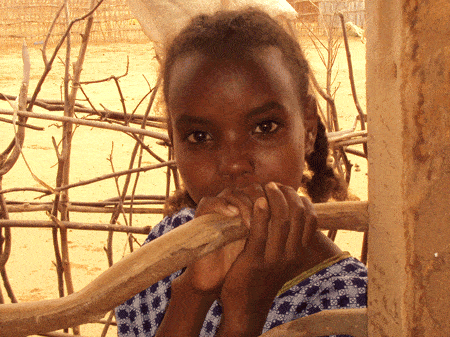
Country
Kenya
Project name
Projekt ICRD Phase III
Project status
Completed
Duration of the project
| Start: | 01.10.2010 |
| End: | 31.12.2011 |
| 14 months |
Budget
Donors:
ECHO
Project area
Topics
Tags
Background
To better understand the livelihoods of the pastoralist’s target population a baseline study is being carried out including livestock and stakeholders working with natural resources. A hazard risk/outcome analysis is included. Training courses are planned for at least 36 key stakeholders on Disaster Risk Reduction (DRR) at local and district levels. The aim is to develop at least 4 community contingency plans and to integrate them at district level. Five VICOBA groups are supported and hopefully mobilize community funds to manage disasters.
. Conflict management training aims to help reduce inter-community conflict and enable joint management of communally used natural resources. The project facilitates the rehabilitation and management of strategic water points through training of 9 Water User Associations (WUA’s) and 20 Community Water Workers. Five Pastoralist Field Schools (PFS) are encouraged through training of facilitators, small scale activities and exchange visits. Small scale Natural Resource Management trials, including monitoring and evaluation, are planned in cooperation with KARI. .
Over 1,600 schoolchildren are taught on drought preparedness and management and will learn techniques on proactive drought management. Improved management of livestock will protect this essential asset for pastoralists. Improved delivery of livestock health services is supported through 4 agrovet stores operating on the basis of a shared risk model, training and upgrading of 40 CAHWs. Livestock asset redistribution is funded through an SDC project). The project anticipates to document best practices on drought risk management and the lessons learnt and to integrate them into policy development via forums, workshop, seminars, newsletter, review and printing of interactive training booklet.
Project
This is the third phase of the project to improve community response to drought and is based on the experience of the previous phases. VSF-Suisse implements the following activities in the areas mainly inhabited by nomad-pastoralist communities: development of the existing veterinary services through support to private veterinary pharmacies and training of ‘barefoot vets’ and livestock owners in improved livestock management; improved fodder production and storage; ensuring animal health.
One important element for herd preservation during drought periods are the purchase and slaughter of agricultural livestock. During drought periods fodder and water are scarce and a smaller herd can survive longer on the limited resources. Through slaughter de-stocking the devaluation of the animals is prevented. At the same time VSF-Suisse supports the rehabilitation of bore holes and supports their improved management. Once the drought has passed the herds of the beneficiaries are re-stocked as a start-up aid.
The results and findings from the projects will be documented and published and will feed into the development of guidelines and strategies for drought management and emergency preparedness.

